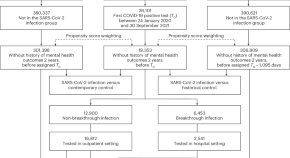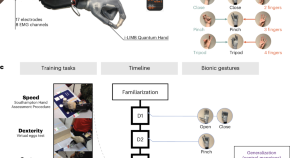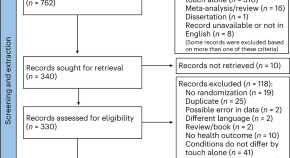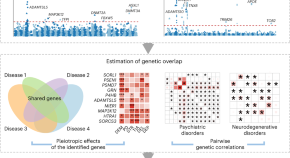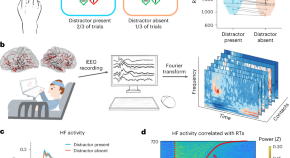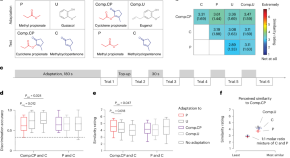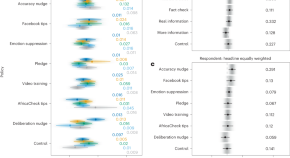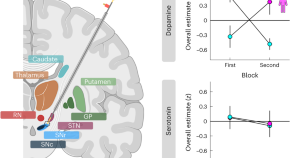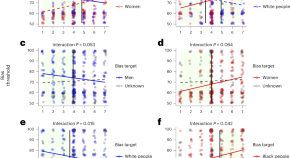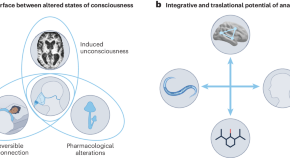Featured

Advertisement
-
-

Tracking salient distracting signals within the human temporal lobe via intracranial recordings
Our study successfully tracks salient distracting signals in high-frequency activity obtained from human intracranial recordings. We observed that the temporal lobe has a critical role in reacting to salient distractors, whereas the parietal and frontal cortices seem to be less important than previously thought.
-
-
Trending - Altmetric
-
A systematic review and multivariate meta-analysis of the physical and mental health benefits of touch interventions
-
Systematic review and meta-analysis investigating moderators of long-term effects of exercise on cognition in healthy individuals
-
Closed-loop digital meditation improves sustained attention in young adults
-
Large-scale whole-exome sequencing of neuropsychiatric diseases and traits in 350,770 adults




